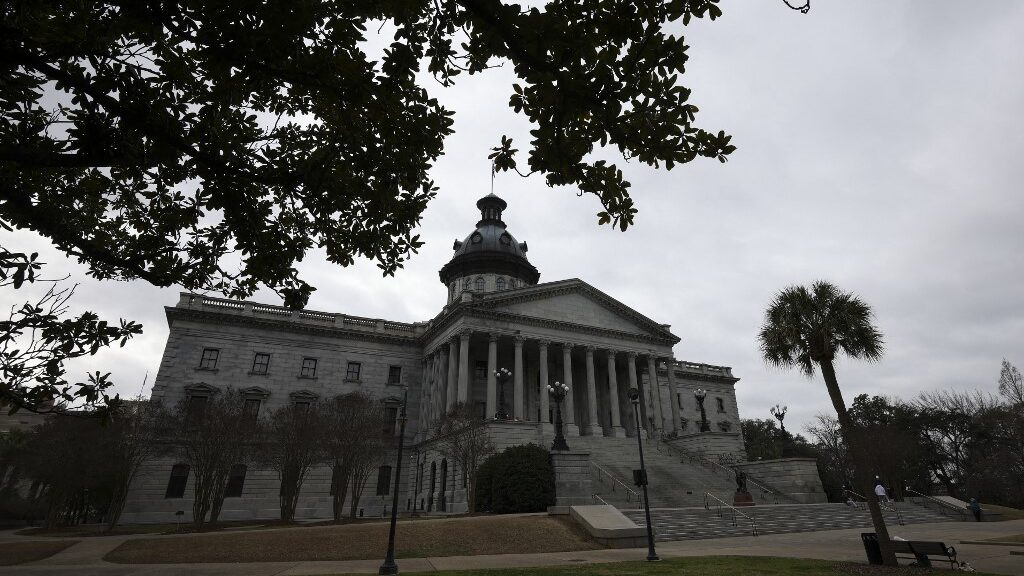
The Palmetto State is one of the relatively few states in the nation that has bridled in response to any and all attempts at online gambling of any kind, including South Carolina sports betting. The most recent bill, H.3514, has been approved by the House but an uncompromising Senate is not expected to be nearly as receptive.
Trial Balloon
Legalizing online gambling in South Carolina is fraught with peril as previous attempts have been unsuccessful. However, in what could be viewed as a subtle shift in opinion, the most recent online wagering bill, sponsored by Representative Russell Ott, focuses only on horse racing which is seen as a more delicate salvo to introduce online betting to the South Carolina masses.
On April 6th, the House voted, 55-46, in favor of the legislation which now moves to the upper chamber for consideration. However, the Senate has recently rejected previous attempts to legalize online gambling like H 3095, a constitutional amendment proposal that would have put the matter of expanding gambling before the voters.
Nevertheless, that was a much more sweeping gambling expansion bill that would have allowed pari-mutuel wagering on horse races, sports betting on professional sports, and casino gaming including table games and slots.
Similar to Other Bill
This newest attempt is similar to another bill currently languishing in the Senate since February that would legalize online horse races that take place in the state. Ott’s bill legalizes online parimutuel wagering on horse races regardless of location.
South Carolina was once known as a destination to train and winter horses but that was long ago. “I can remember as a child driving across the county and seeing pasture after pasture that was filled with horses,” said Ott, whose districts include mainly rural areas south of South Carolina.
Ott’s bill assesses a 10% tax levy on operators and, if passed, could generate anywhere between $385,000 to almost $1.9 million annually according to state economists. But that is a mere pittance compared to what online sports betting would generate.
Vice Is Not Nice
The primary reason why a gambling expansion of any kind has been stymied is because of the moral opposition to it. The Palmetto State is command central for holy rollers and bible-thumpers who are opposed to gambling of any kind. However, the lottery has been chugging along for over 20 years and took in a haul of $564 million for education because of it.
It would certainly be interesting to see how the votes would fall if a bill repealing the lottery was introduced and voted on. If an expansion of gambling is the moral outrage many South Carolina politicians purport it to be, how many would vote to erase the vehicle that puts half a billion dollars in the tax coffers earmarked for the one purpose for which all are united – education?
Governor Henry McMaster ran on an anti-gambling platform, aside from the lottery, and has already stated he would veto the bill if it reached his desk. But there are many, like Rep. Ott, who want the industry reinvigorated after being dormant for so long.
“I can remember as a child, stable after stable was full. Folks were working in the industry,” said state Rep. Russell Ott, D-Calhoun, the primary sponsor of the bill. “It was really good for the local economy. Unfortunately, we’ve lost ground.”
*Bookmakers Review will continue to monitor this story and update our readers as events unfold.














